News
News and Events
2022

December 2022.
New project launched:
Project Ecological and Digital Transition:
Manage4Future: Towards effective management practices to enhance carbon sequestration and climate change adaptation of Spanish Quercus
forests
The main goal of the project is to evaluate the effect of thinning practices on the carbon sequestration capacity and climate change adaptation of Quercus ilex forests in the short- and long-term. The principal operational objective of the project is to establish a research infrastructure for the continuous observation of carbon and water cycles and physiological status of Quercus ilex forests under different managements, aligned with state-of-the-art international standards
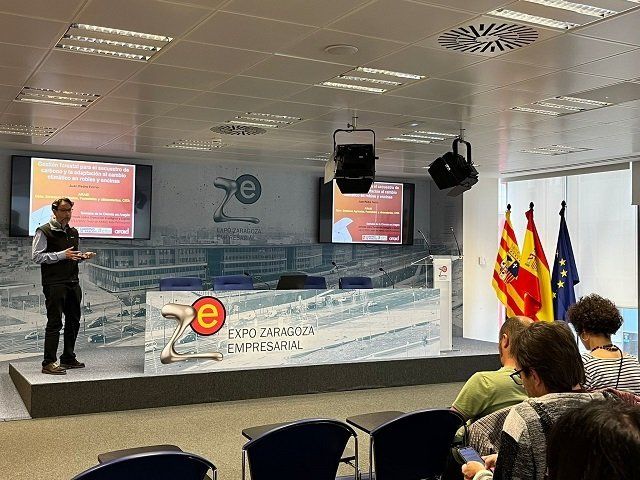
November 2022. ARAID Headquarters
Invited talk in a workshop organized by ARAID, to present projects in Ecological and Digital Transition, as part of the Aragon Science Week:
“Gestión forestal para el secuestro de carbono y la adaptación al cambio climático en robles y encinas”

September 2022. Espace Beaulieu, Bordeaux (France)
Participation in 2nd Meeting MaCCMic, presenting ongoing measurements on:
“Oak coppice under different management scenarios in Moncayo (NE Spain)”

May 2022.
Practical demonstration of the physical resistance of leaves from different oak species, in the programme Esta es mi Tierra, Aragón TV, broadcasted 31/05 / 2022.

March 2022.
"Best paper award 2020" to our review in Forests:
“Living in Drylands: Functional Adaptations of Trees and Shrubs to Cope with High Temperatures and Water Scarcity”
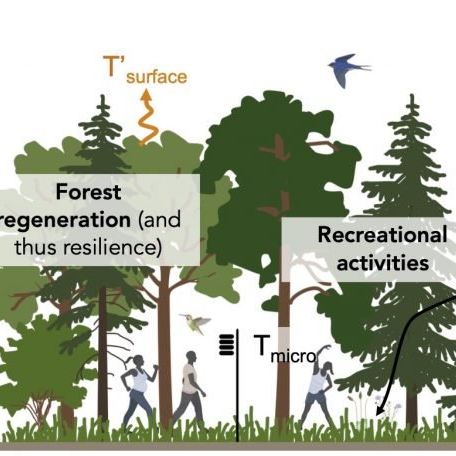
January 2022.
New project launched:
Impact of forest Management and Climate Change on understory Microclimate
The objective of MaCCMic is to develop tools that will help identify the main factors influencing forest understory microclimate and anticipate the impact of forest management (density, fragmentation, thinning, choice of species, understory removal, etc.) and climate change on forest microclimate and understory vegetation, notably in terms of climate extremes.
2021
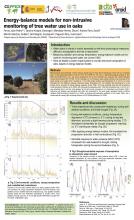
October 2021. Palacio de congresos de Plasencia
XV Congreso Nacional de la AEET
Symposium coordination: El lado verde del ciclo hidrológico: uso del agua en ecosistemas terrestres, desde la ecofisiología hasta la gestión de los recursos hídricos
Together with Adrià Barbeta and Pilar Llorens, I coordinated a symposion on the different approaches to assess water cycle in terrestrial ecosystems. I also presented a poster on Energy-balance models for non-intrusive monitoring of tree water use of overaged oak coppices in response to different management strategies.
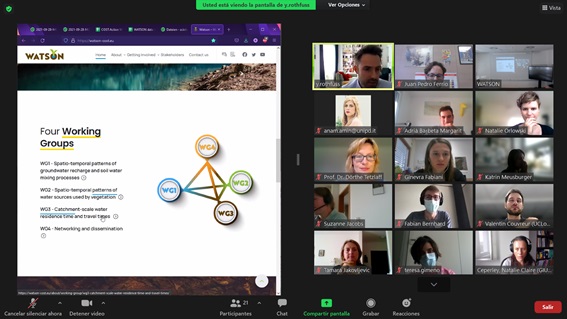

September 2021.
COST Action WATSON
WG2 hybrid meeting
28-29 September, 2021
Invited talk: WATER ON THE ROCKS: EXPLORING PLANT WATER SOURCES IN GYPSUM DRYLANDS
Participation in the first meeting of Working Group 2 of COST Action WATSON "WATer isotopeS in the critical zONe, grom groundwater recharge to plant transpiration", including an invited talk where I summarised the ongoing research on the study of plant water sources in gypsum communities, and the methodological challenges to determine whether plants can use crystallization water from gypsum.
2020

October 2020
Special Issue 'Stable Isotope Applications in Forest Ecosystems'
Manuscript submission closed on 31-05-2021 : http://www.mdpi.com/si/63026
Guest Editors:
Jordi Voltas, Joint Research Unit CTFC-Agrotecnio, Universitat de Lleida, Spain
Juan Pedro Ferrio, ARAID-Forest Resources Unit, CITA-Aragón, Zaragoza, Spain
Tatiana A. Shestakova, Woodwell Climate Research Center, MA, USA
Special Issue Information
In this Special Issue, we invite studies developing applications of stable isotopes in forest ecology, adaptive forest management, tree physiology, and ecohydrology.

June 2020
New Research Project launched:
CO2PPICE: La gestión forestal como herramienta revitalizadora del monte bajo de quercíneas: reactivación de sumideros de carbono y otros servicios ecosistémicos. Proyecto Retos Investigación PID2019-106701RR-I00
CO2PPICE: La gestión forestal como herramienta revitalizadora del monte bajo de quercíneas: reactivación de sumideros de carbono y otros servicios ecosistémicos. Proyecto Retos Investigación PID2019-106701RR-I00
Funding: Ministerio de CIencia e Innovación, Agencia Estatal de Investigación, PI: J.P. Ferrio.
The ability of oaks to resprout quickly after cutting was exploited by a traditional forest management practice, known as coppicing. However, this traditional practice has been largely abandoned, leading to overaged, unproductive and highly vulnerable forests. In this context, selective thinning of abandoned coppices has been promoted to reduce forest decline, but the elevated labour costs have prevented a widespread application. The aim of this project is to assess the effect of adaptive management plans on carbon and water balance, and the associated ecosystem services, namely 1) biomass production, 2) carbon sequestration, 3) water infiltration (blue water), 4) reduced vulnerability, 5) mycological production, and 6) potential for recreational use.
2019
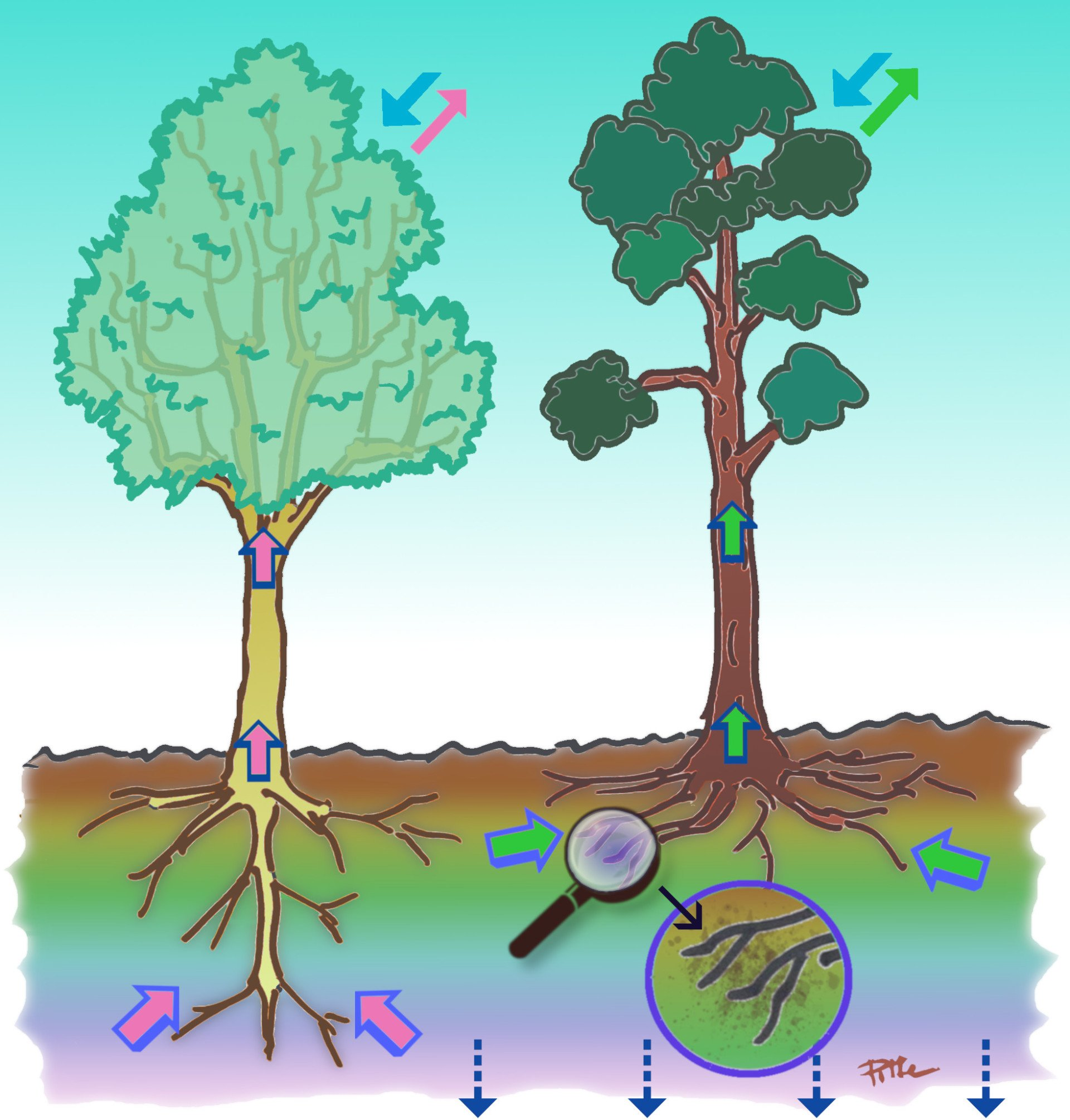
November 2019.
Research Topic:
The Green Side of the Water Cycle: New Advances in the Study of Plant Water Dynamics
The Green Side of the Water Cycle: New Advances in the Study of Plant Water Dynamics
NOW COMPLETED; Editorial
Published!
Topic Editors:
Juan Pedro Ferrio, ARAID-Forest Resources Unit, CITA-Aragón, Zaragoza, Spain
Maren Dubbert, University of Freiburg, Freiburg im Breisgau, Germany
Cristina Máguas, University of Lisbon, Lisbon, Portugal
Research Topic Information
In this Research Topic, we aim to gather new conceptual approaches and examples of application of the most recent advances in the use of non-invasive methods to explore plant water uptake, whole-plant transpiration, plant water storage and root-soil interaction, covering different temporal and spatial scales (from roots to the canopy, from hourly variations to annual patterns).

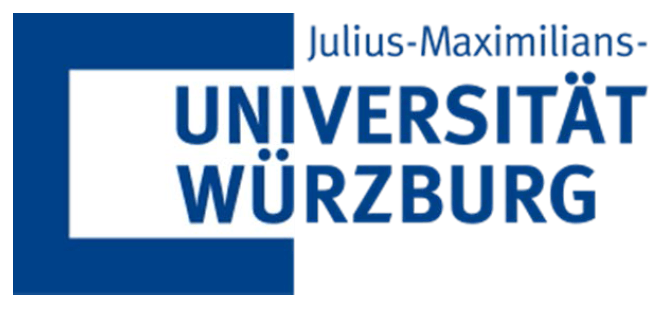
August 2019. Julius-von-Sachs-Institute of the University of Würzburg (Würzburg, Germany)
Summer Symposium 2019
Invited talk: Stable isotopes for the study of plant water uptake and transport
Within the activities of the Summer Symposium 2019, I presented the theory and methods used to trace the origin of water used by plants, including some case studies: 1) on the study of tree-to-tree interaction in mixed oak-pine forests and 2) on the uptake of crystalization from gypsum in gypsum-rich soils. I also had the opportunity to participate in a round table at my hosting group, the Chair of Botany II, headed by Professor Dr. Markus Riederer, learning about their current research topic and the fascinating world of plant cuticles.


May 2019. CITA-Agrifood Research and Technology Centre of Aragón (Zaragoza, Spain)
Fascination of Plants day: 'The enigma of plants'
On the 21th may 2019, the CITA organized a visit of a group of high-school students to commemorate the International Fascination of Plants day. The goal of this activity is to increase awareness of the importance of plant science for sustainable production of food and plant-based non-food products such as paper, timber, chemicals, energy and pharmaceuticals. During the visit, the students had to solve different quizzes, such as guessing the strength of a leaf, selecting the fruits that can be stored in the fridge, or considering the sustainability food pyramid.

May 2019.
Special Issue 'Stable Isotopes in Forest Ecosystem Research'
Manuscript submission closed on 31-05-2019 : http://www.mdpi.com/si/16928
Guest Editors:
Juan Pedro Ferrio, ARAID-Forest Resources Unit, CITA-Aragón, Zaragoza, Spain
Larry Lopez-Cáceres, Faculty of Agriculture, Yamagata University, Tsuruoka-shi, Japan.
Special Issue Information
In this Special Issue, we invite studies developing applications of stable isotopes in forest ecology, tree physiology and ecohydrology, as well as modelling or empirical studies aimed at improving our mechanistic understanding of isotope fractionation in trees.
2018



November 2018. University of Barcelona (Barcelona, Spain)
AGYA International Conference on 'Evolution of Mediterranean Agriculture'
Input speech and participation in the Panel Discussion
Agricultural and Rural Development in the Mediterranean Region: Farmer Empowerment
Agricultural and Rural Development in the Mediterranean Region: Farmer Empowerment
Panelists:
Rut Sanchez Bragado, University of Barcelona & University of Lleida, Spain
Maria Dolores Serret Molins, University of Barcelona, Spain
Ghazi Jawad Al Jabri, International Center for Biosaline Agriculture, Dubai, United Arab Emirates
Kuamivi Olivier Zaga, ONG Z-FUNDS, Exploitation Agricole,
Maison Bossou Akoua Qtier, Tchicomey, Benin
Juan Pedro Ferrio, ARAID-CITA, Zaragoza, Spain
Moderation:
Maha Nasr, Ain Shams University, Cairo, Egypt & AGYA member
Input Speech: Origins and Expansions of Mediterranean Agriculture in the Context of Global Change
Juan Pedro Ferrio
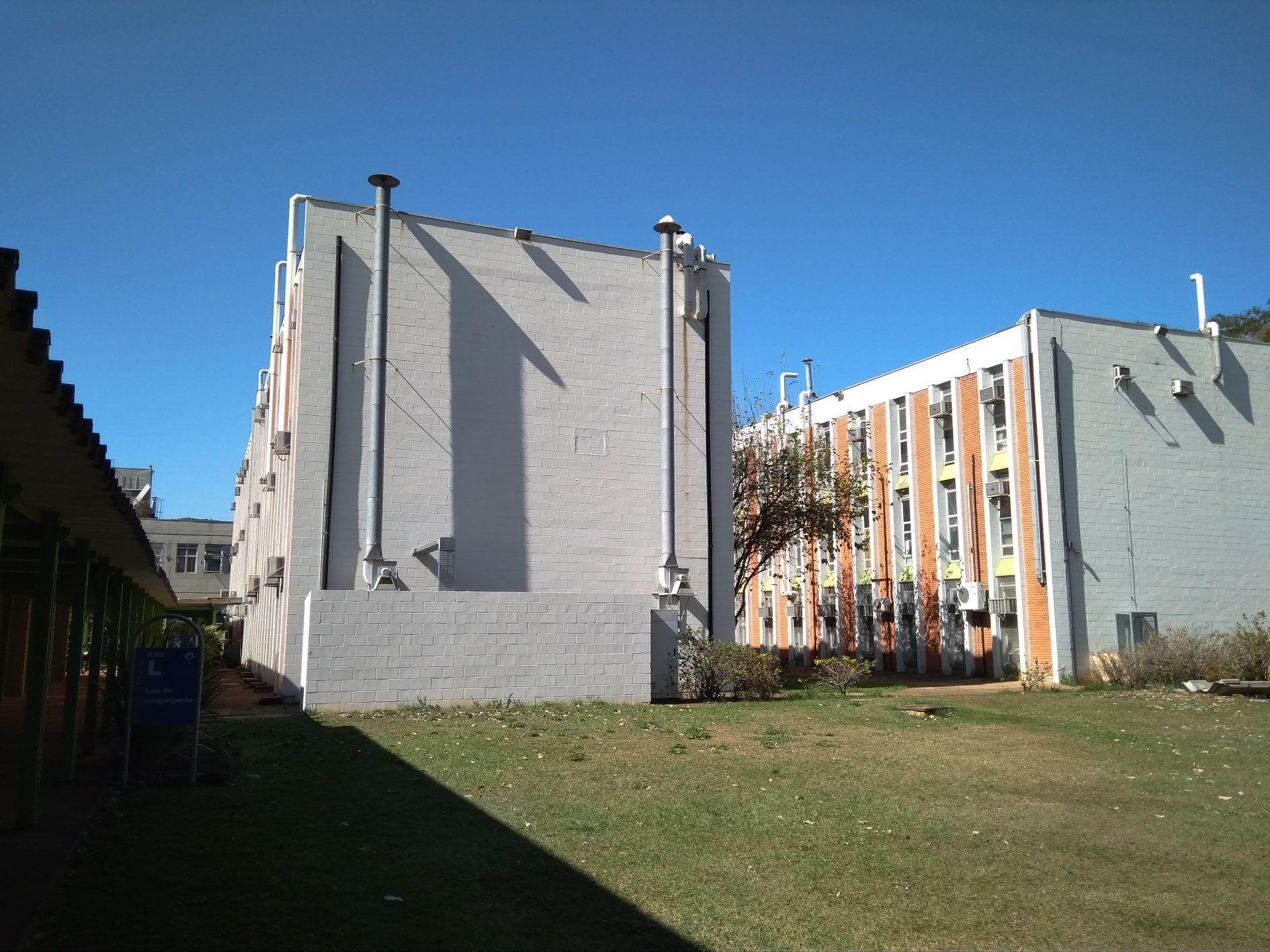


June 2018. University of Campinas (Campinas, Brasil)
Invited Seminar:
Stable isotopes for the study of plant water uptake:
a focus on plant interactions (or not)
Stable isotopes for the study of plant water uptake:
a focus on plant interactions (or not)
Biofórum 2018 - Palestras em Ecologia
Abstract: About 500 My ago, the major challenge faced by the first terrestrial plant was the acquisition of water resources. Nowadays, water availability is still one of the main environmental factors shaping the evolution of terrestrial plants. Hence, the study of the ability of different plant species to extract water from the soil is crucial to understand terrestrial ecosystems. However, the assessment of root distribution and activity relies mainly on destructive and labour-intensive methods, which are not the most suitable to understand temporal dynamics of water uptake. In this context, in the last decades the use of stable isotopes as hydrological tracers has emerged as a powerful tool to determine the source of water used by terrestrial plants. In this talk I will describe the basics for the use of hydrogen and oxygen isotope composition in ecohydrology, with examples of application to solve ecological questions.
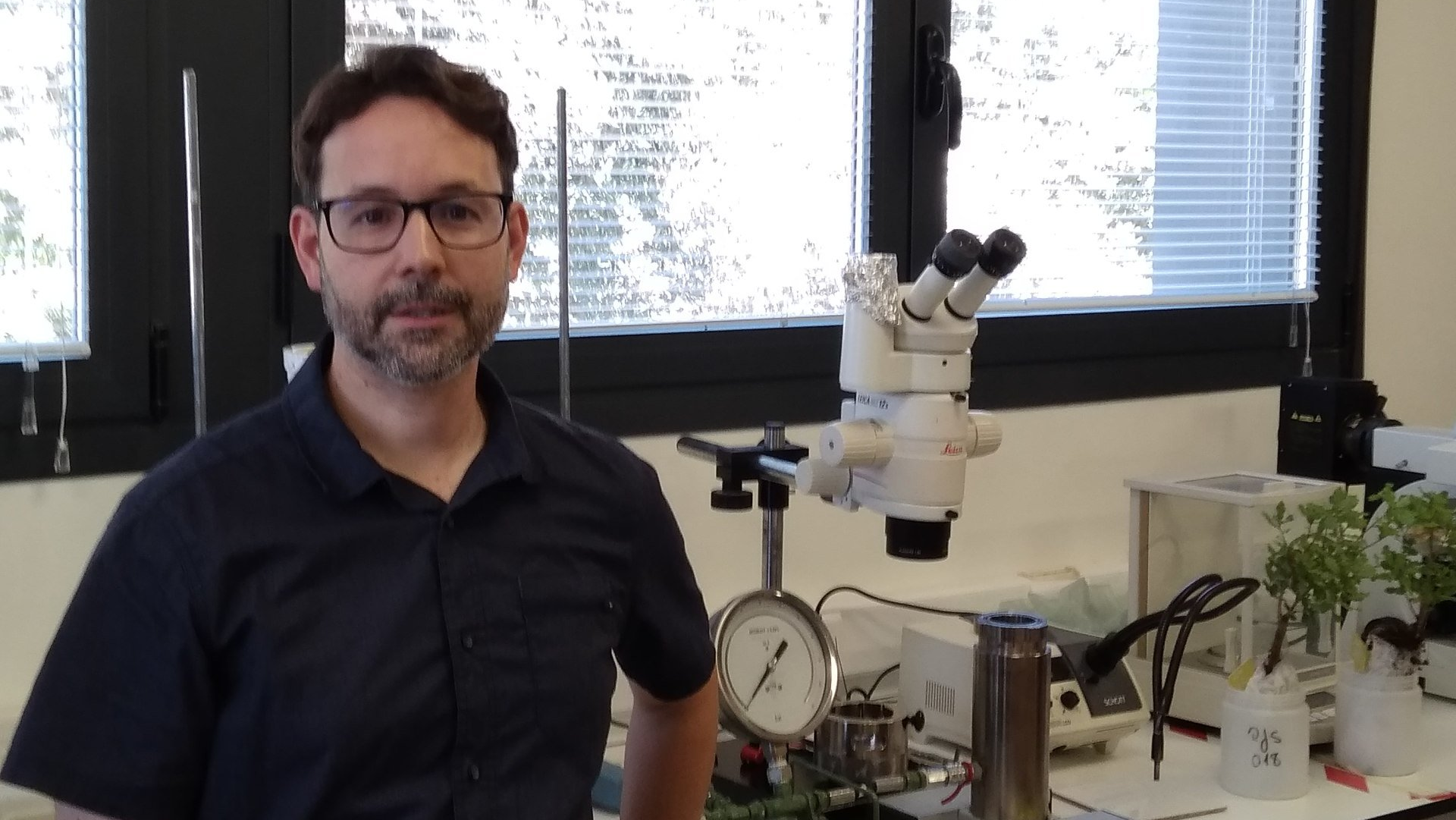


March 2018. CITA-Agrifood Research and Technology Centre of Aragón (Zaragoza, Spain)
In mid March 2018, I moved from the Universidad de Concepción (Concepción, Chile) to the Agrifood Research and Technology Centre of Aragón (Zaragoza, Spain), to start an exciting new position, and to join the multidisciplinary community of ARAID researchers. My vision in ARAID is to characterize the carbon and water balance in plants, from the leaf-level to large trees, and from individuals to populations. In this context, stable isotopes constitute a valuable tool, offering the potential to integrate different time and spatial scales. One of my reasons to move here is that Aragón offers a unique gradient of natural landscapes, from the semi-arid steppe of the Ebro valley to the subalpine environments in the mountain ranges, where I could develop and validate new models and ecological applications.



January 2018. Instituto Pirenaico de Ecología (Zaragoza / Jaca, Spain)
Short-term visit to IPE as part of the Gypworld network
This project has received funding from the European Union’s Horizon 2020 research
and innovation programme under grant agreement No 777803 (Marie Slodowska-Curie RISE)
and innovation programme under grant agreement No 777803 (Marie Slodowska-Curie RISE)
The main objective of the visit was to develop the study of plant water uptake in gypsum communities, as part of the characterization of their functional traits. In particular, we aim to identify the main sources of water by the most representative species in the community, with a special focus on the potential use of gypsum crystallization water (i.e. the water that forms part of the gypsum mineral) by plants. For this purpose, we compare the isotope composition of water in different soil layers, and in the gypsum mineral, with that found inside the plants, in order to determine the most probable source of water for each plant species. The visit, supported by the MC-RISE project Gypworld, helped to design a cryogenic distillation line to be installed at IPE-CSIC, and to plan the field sampling campaings for 2018. Disclaimer: this summary reflects only the author’s view and the Research Executive Agency of the European Commission is not responsible for any use that may be made of the information it contains.
2017


May 2017. Universidad de Concepción (Chile)
Fascination of Plants day: 'fascinated by the Flora of Chile, fascinated by plants'
Facultad de Ciencias Naturales y Oceanográficas, Universidad de Concepción (UdeC)
On the 18th may 2017, we organized an exhibition to commemorate the International Fascination of Plants day. The goal of this activity is to increase awareness of the importance of plant science for sustainable production of food and plant-based non-food products such as paper, timber, chemicals, energy and pharmaceuticals. This was the first time this activity was organized at the UdeC, and therefore attracted the attention of many visitors. The exhibition included herbarium specimens, drawings and individuals of Chilean native species.


January 2017. Universidad de Concepción (Chile)
Teaching at the International Course:
The course introduced the general principles of stable isotopes, including practical and theorethical sessions on methods of analysis and applications. In the field of terrestrial ecosystems, the course focused on carbon, oxygen, hydrogen and nitrogen isotopes in plants, and the applications to ecology, plant physiology, palaeoenvironmental studies and forensics. In the field of marine environments, the course focused on the carbon and nitrogen uptake in plancton, the study of trophic networks, and the study of global change.
View more
Address
ARAID-Forest Resources Unit
Agrifood Research and Technology Centre of Aragón (CITA)
Agrifood Research and Technology Centre of Aragón (CITA)
Avda. Montañana 930,
50059 Zaragoza, SPAIN
+34 976 71 63 74
50059 Zaragoza, SPAIN
+34 976 71 63 74


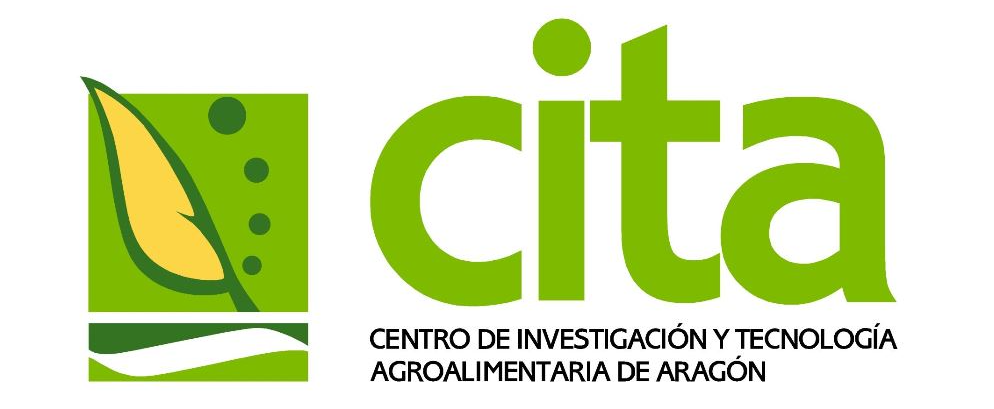









































 orcid.org/0000-0001-5904-7821
orcid.org/0000-0001-5904-7821






